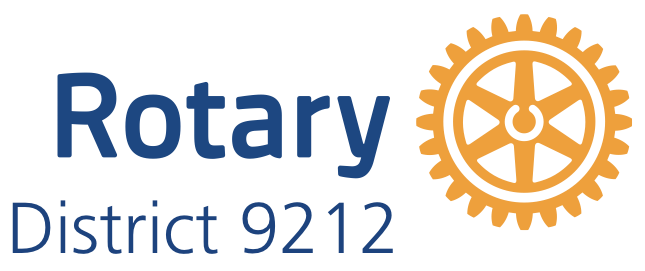Rotary Health and Economic Empowerment Project in Nyamira Transforms a Community

By Leonard Ithau, District Governor, Rotary International District 9212
There is a famous Chinese proverb that says, “If you give a man a fish, you feed him for a day but if you teach him how to fish, you feed him for a lifetime.” This proverb came to life when I visited Nyasumi, a village located in Nyamira County.
As a Rotary District Governor, I have a front-row seat view of Rotary at the community level when I visit clubs. Nyasumi is an excellent case study of how a community health and economic empowerment project works. It is one of six projects that are currently running in Kisii, Nyamira, and Homa Bay counties.
About 780 residents have come together and formed Nyasumi Community Health and Empowerment Club, which is slightly over one year old, having been started in June 2022 by the Rotary Club of Kisii Central through a Rotary global grant. In those few months, you can see a major transformation in the community.
The first thing I noticed when I visited a homestead belonging to a member of the club, is the high standards of hygiene. The compound was clean and immediately after I arrived, I was asked to wash my hands using powdered charcoal and water.
This behaviour change is a result of an intensive 24-week course in health and sanitation that saw 665 members of Nyasumi community graduate after learning how to make detergents, waste disposal and management, and water treatment.
Some funds from the global grant were used to construct a communal toilet and bathroom. Proper sanitation, especially latrines promote health because they allow people to dispose their waste appropriately, preventing contamination of their environment and reducing risk to themselves and their neighbors. One of the needs in Nyasumi was the lack of access to sanitation facilities, resulting in improper waste disposal.
Economic Empowerment
The other thing that stood out for me is the kitchen garden project that involves nine weeks training. Members have set aside sections of land – some smaller than 1/8 of an acre – to grow vegetables like Sukuma wiki (kale), spinach, coriander, beetroot, cow peas, bananas, arrowroots and fruit trees like loquats.
The global grant funds were used to buy different types of seeds and fertilizer that were supplied to over 600 members. Kitchen gardens directly contribute to household food security by increasing availability, accessibility, and utilization of food.
Families in Nyasumi now have a regular supply of vegetables and fruits. Majority of the members did not have kitchen gardens but now they can see the benefits. Agnes is one of those who took up the challenge and put up a vegetable kitchen garden. She told me she no longer buys vegetables and is assured that her family has enough to eat. Since she had a large piece of land, she sells the surplus vegetables at the local market and is able to earn an extra coin.
What has made the project work:
1. Systematic approach to organizing and maintaining their kitchen gardens demonstrates the importance of planning and efficient resource management. By utilizing space effectively and understanding crop rotations, the Nyasumi community members have been able to maximize their yields.
2. Training – by providing training on various crops and effective farming techniques, members can practice what they have learnt. This emphasis on education empowers individuals to take charge of their own destinies.
3. Economic empowerment – the ability to not only grow their own food but also generate income by selling surplus produce has enabled members of the community grow their disposable income which they use to educate their children and invest.
4. Community collaboration – by working together as a community, they have achieved a lot. This sense of unity and collaboration reminded me of the Kwekavi Group I am a part of at Kyaviti Farm. Sharing knowledge and experiences with fellow farmers has enriched our practices and enhanced our growth.
The Nyasumi community project is a testament of the transformative power of education, empowerment, and unity. Their journey is an inspiration and a reminder that we, can also sow seeds of positive change in our own communities.


